Digitisation is inevitable
June 30, 2017 4:11 pm
Digitisation for Industry 4.0 or IoT is unavoidable if one wants to participate in global manufacturing chain.
Nitin Wakode, Associate Vice President PSG, Onward Technologies Ltd
Embracing next industrial revolution
We are in transition phase where global manufacturing is ready to embrace next industrial revolution i.e. Industry 4.0 or IoT. In some way or other digital manufacturing is started long back ever since CNC machines or computer controlled machines came in existence. Later DNC systems were deployed in order to manage data transfers from computer system to CNC machines or vice versa. In this era data was expected to be exchanged mostly in LAN or between two equipment. Today due to the large operations or possibility of carrying out different operations at different locations for some benefits it is expected to share information digitally of each and every activity.
According to Nitin Wakode, Associate Vice President PSG, Onward Technologies Ltd, “Digitisation for Industry 4.0 or IoT is unavoidable if one wants to participate in global manufacturing chain. Some of the pioneers in digital connectivity are GE, ABB, Honeywell, Siemens, Bosch, IBM of course Microsoft and cloud companies like Amazon. Apart from the core industry sector it involves transportation, security, government, smart cities, warehouse and supply chain management, healthcare and biotechnology and may be agriculture as well which is predicted as one of the major business opportunity next.”
Every manufacturing will go digital
Indian manufacturing has various sectors like every other economy and level of preparedness is also different. Mid- and large-scale industries are more prepared as compared to small and medium industry. Skilled engineering professionals to manage the large shops with automation, higher productions, multiple quality reports, multiple customise requirements and their specifications, managing raw material, consumables, tool, special equipment’s, different operation sequences. Everything with minimal human inputs is a challenge. SAP, ERP, PLM etc have made enabled taking few steps towards digitisation. Due to this most of large- and mid-size industry have their most of equipment digitally connected and people are aware of digitisation. Digitisation and networking have involved businesses, facilities and machines throughout the system to use data in real time. Equipment are being made smart like smartphone. Equipment use smart networks which help them analyse and self-awareness which was not possible earlier. Idea is to make every equipment connected in network to provide its data and it can get data and commands from network to function based on requirements. Industry 4.0 will help equipment to make decisions based on the data received from internet. They can plan and re-plan for adjusting the real life conditions and scenario. Hence this sector is almost prepared except some more digitisation at grass root level to capture every data.
In a country like India the SME sector with its limited capability to invest in digitisation will have to follow slowly considering the investment. First IoT cluster is expected to start in Pune with the help of local industries and central government at S L Kirloskar Centre of Excellence for IoT. Most important aspect of this centre is considering indigenise the IoT as well as Industry 4.0 concept to suit the needs and challenges of Indian industry. It’s a matter of fact that many of Indian industries are developing great technology using embedded and software technology which are backbone of IoT or Industry 4.0 concept. There are enough low cost manpower to handle most of the shop-floor decisions and priorities and challenges hence SME can adopt it slowly. But it is for sure if one wants to be a part value system of any large company then he/she is expected to implement this in order to be a part of network as vendor for some specific part. This calls for adopting this technology considering Indian challenges with minimum impact on human replacement to avoid any loss of jobs. Sooner or later every manufacturing will go digital and Industry 4.0 complaint for sure.
Onward solutions digital manufacturing
Onward deals with most of the engineering software which varies from design, CAE simulation to digital manufacturing for CNC machines and robotics. All the CAD/CAM CAE products the company represents are also part of digitisation.
Onward’s automation team design systems which are Industry 4.0 compliant. The IoT is covering almost every sector in connectivity with more than 15 billion devices connected and expected to jump by 15 per cent to reach 20 billion soon. Which involve more than 200 million automotive, about 8 billion consumer devices, about 6 billion communication devices, more than 300 medical devices and about 3.6 billion equipment from industries. Innovative companies are adopting SMAC and IoT technologies to get competitive advantage and provide innovative customer experiences. Onward with its rich product engineering, ERP and IoT capabilities, is helping companies build connected products, processes and cities.
The company’s service offering include connected products, connected healthcare, digital manufacturing, remote monitoring, smart cities.
Cookie Consent
We use cookies to personalize your experience. By continuing to visit this website you agree to our Terms & Conditions, Privacy Policy and Cookie Policy.



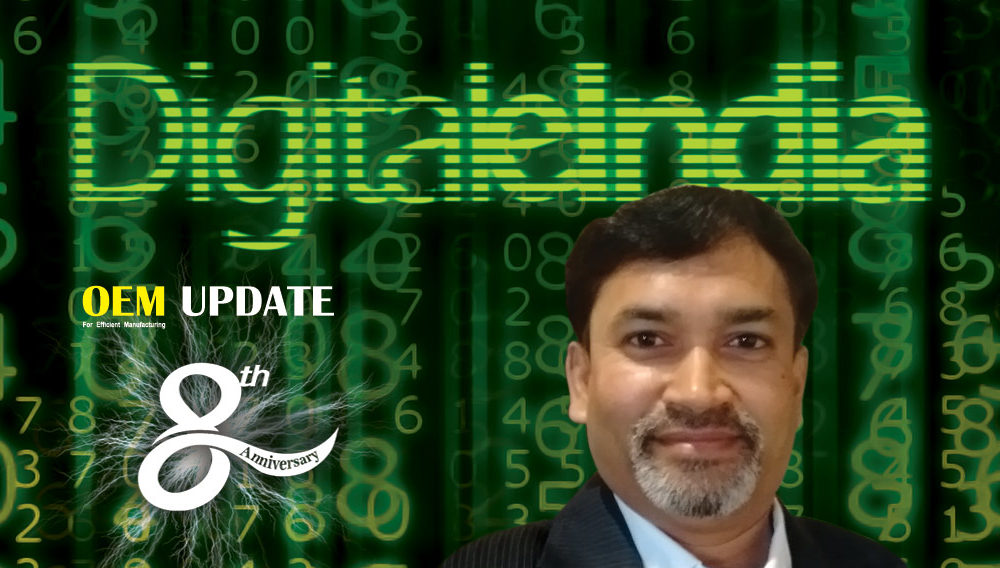
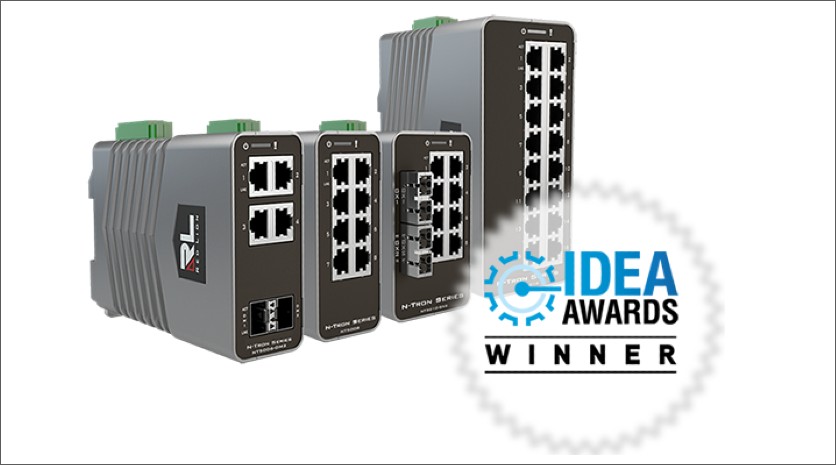
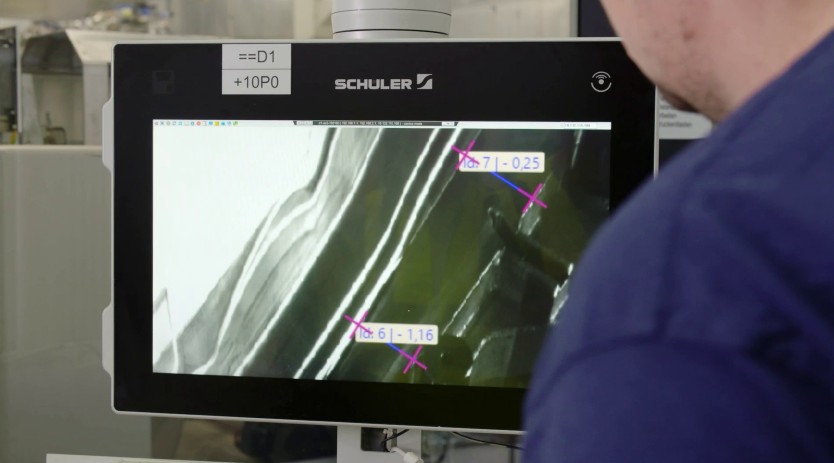
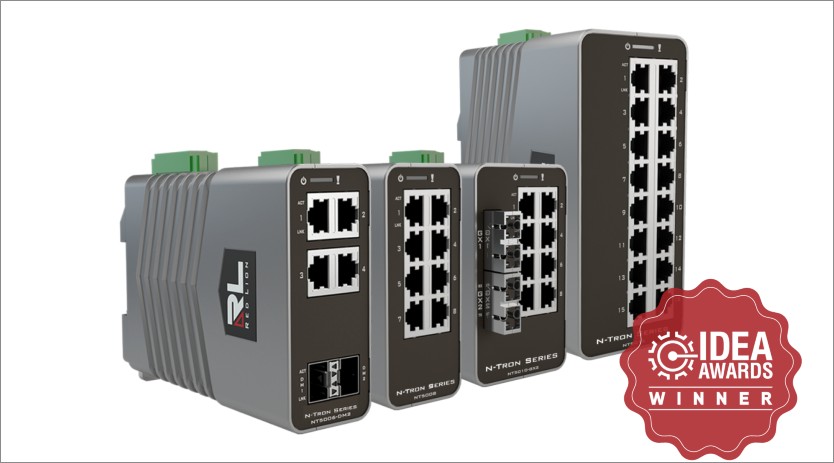

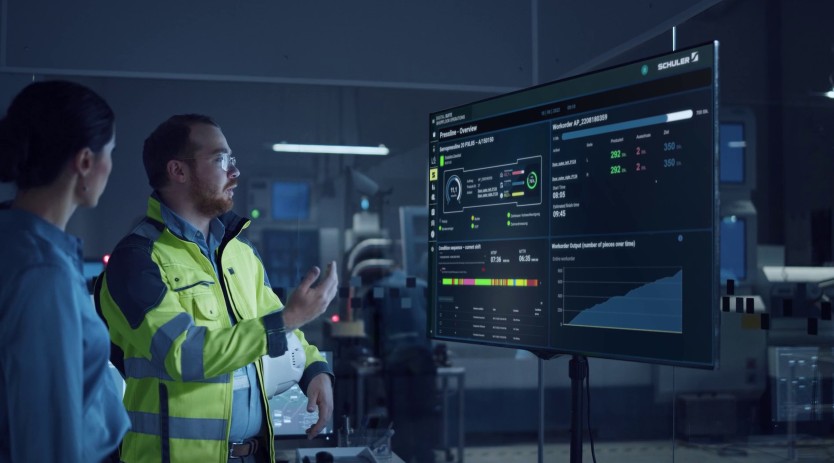
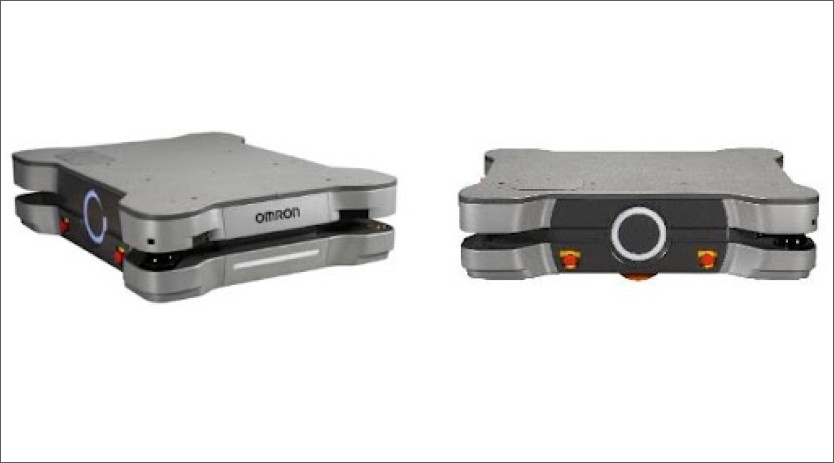
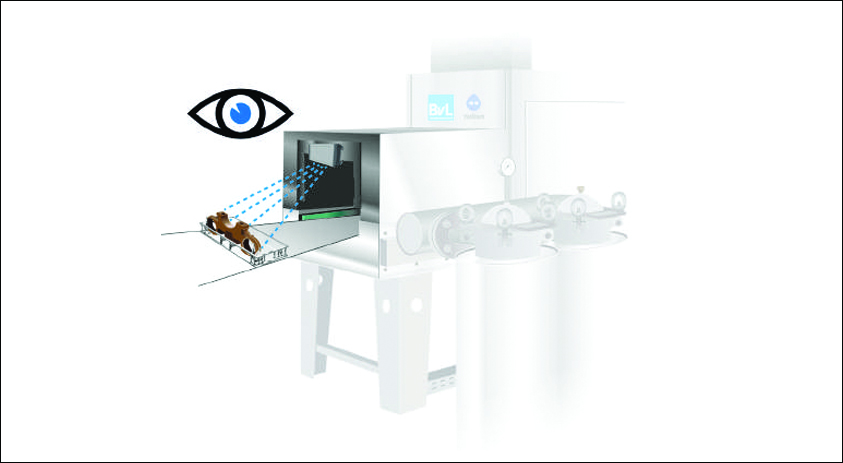






 English
English Hindi
Hindi